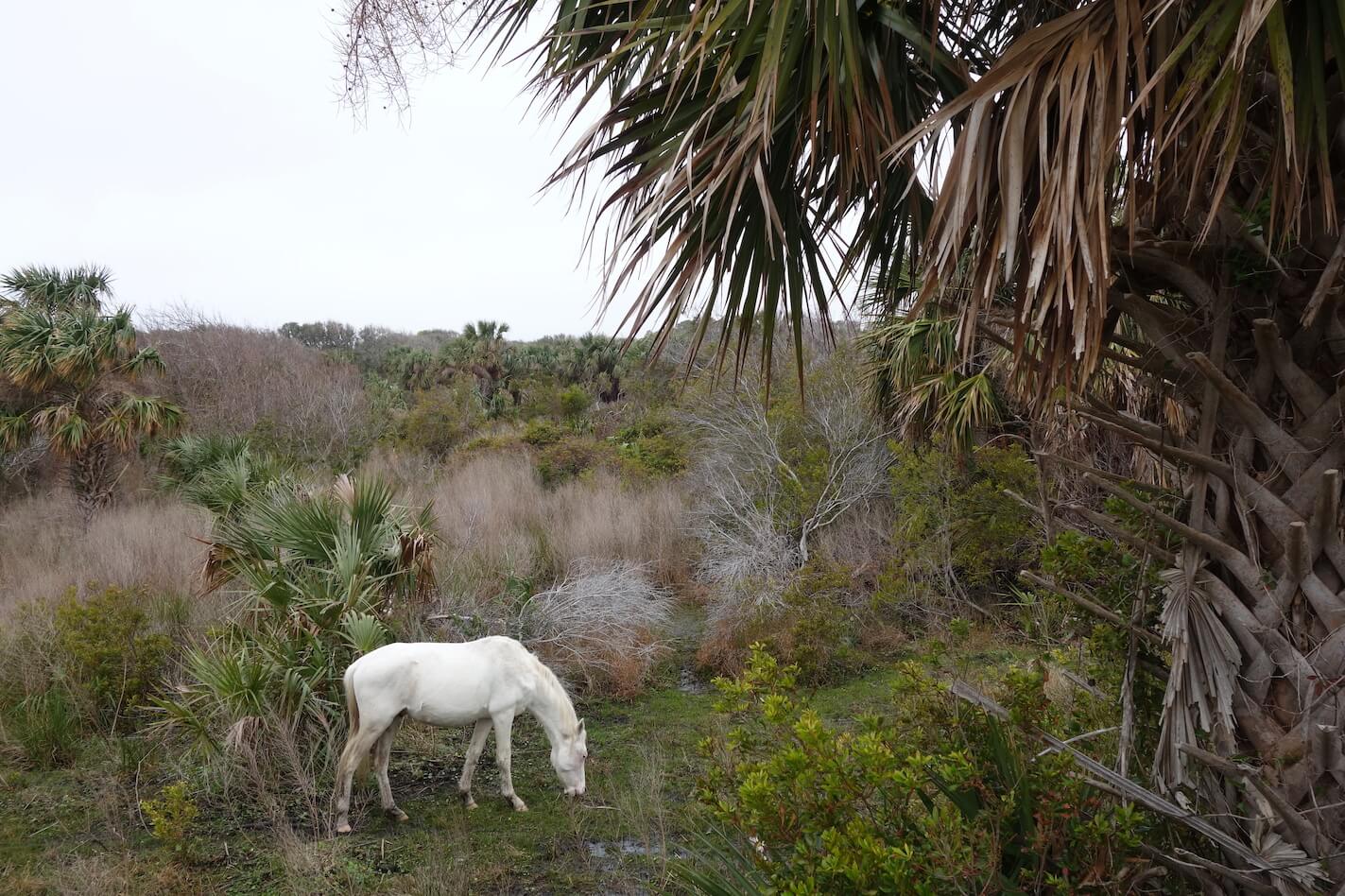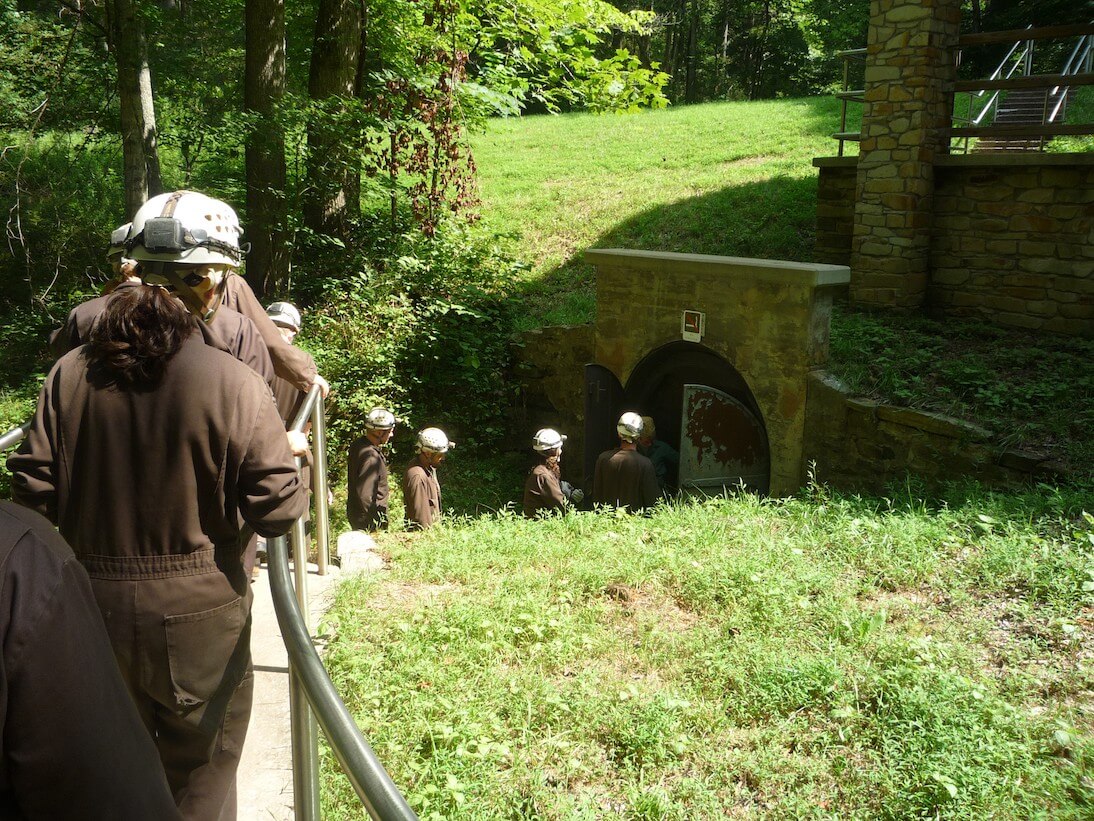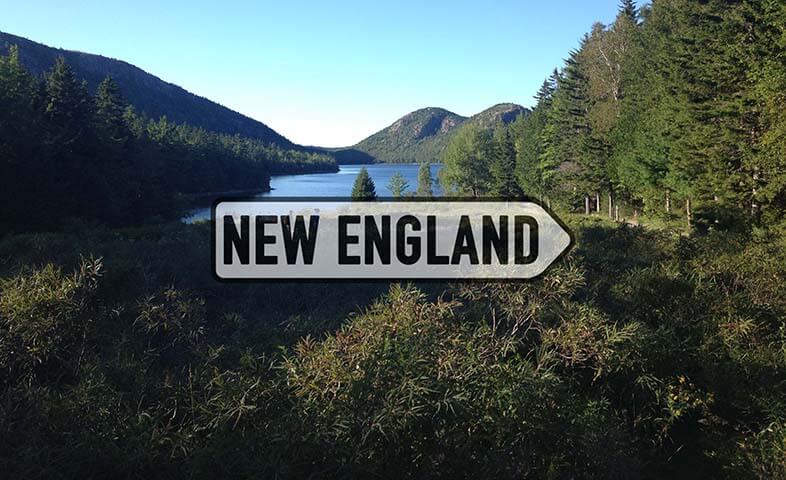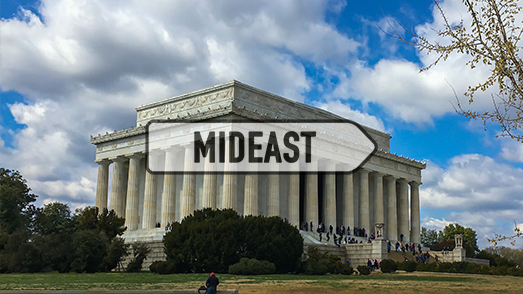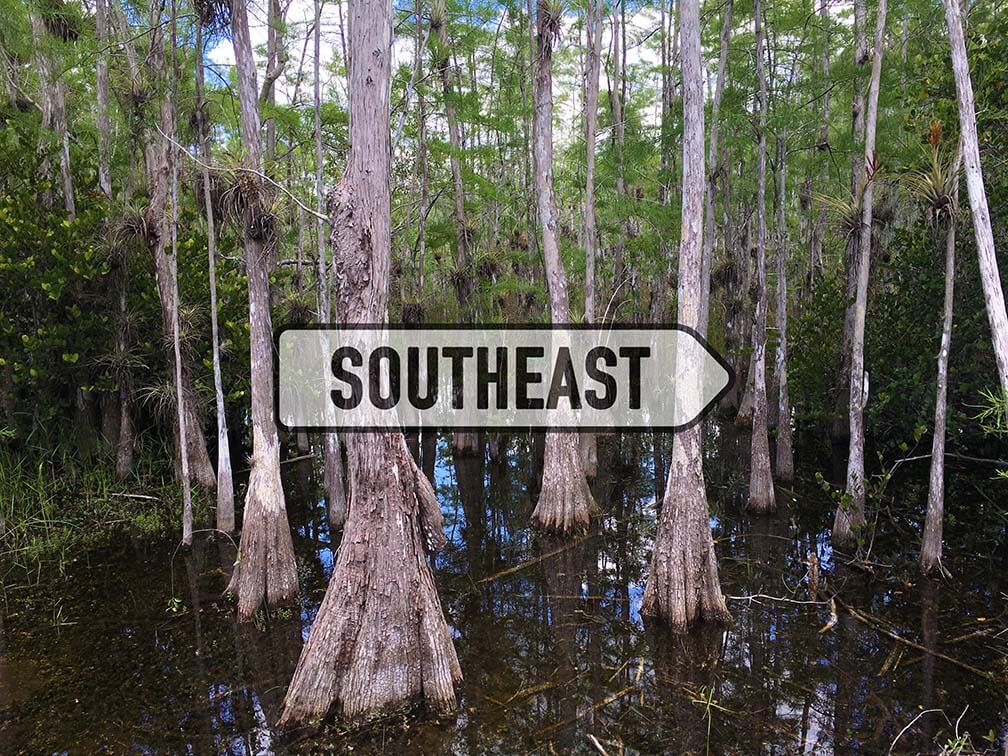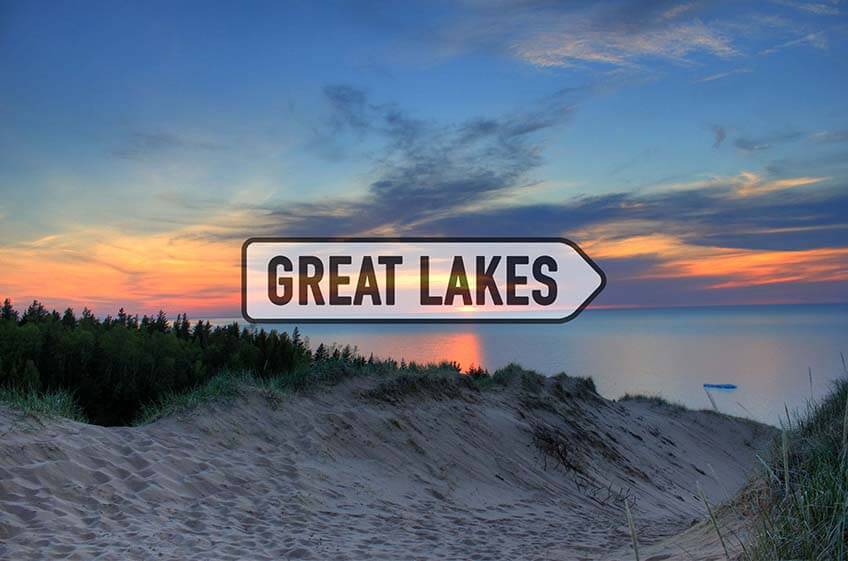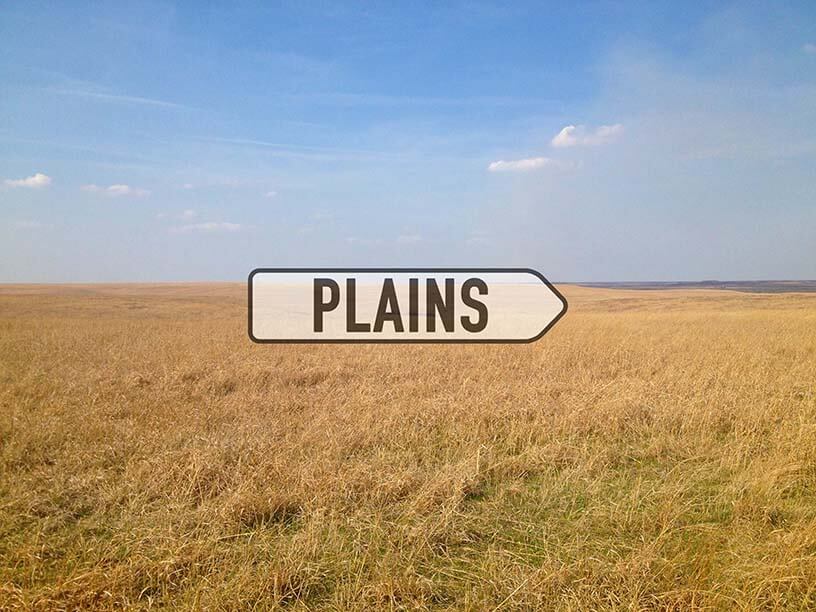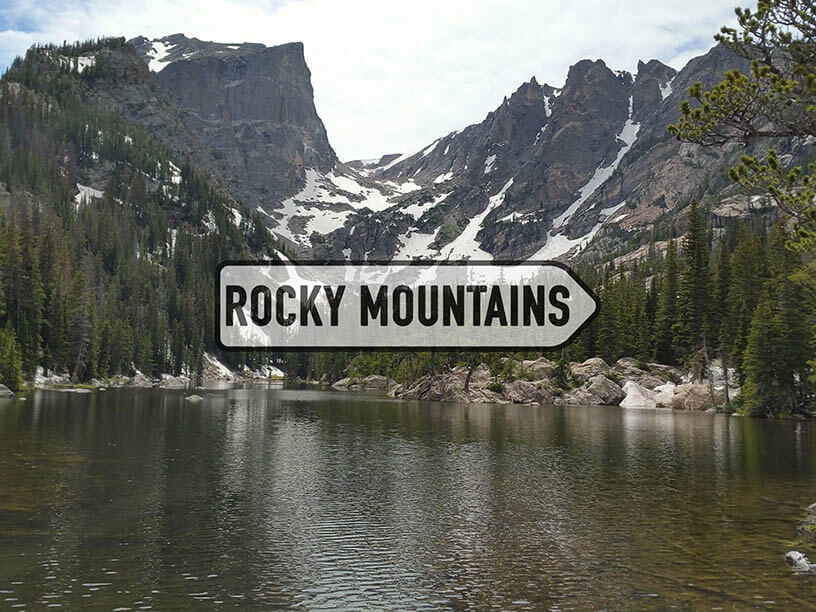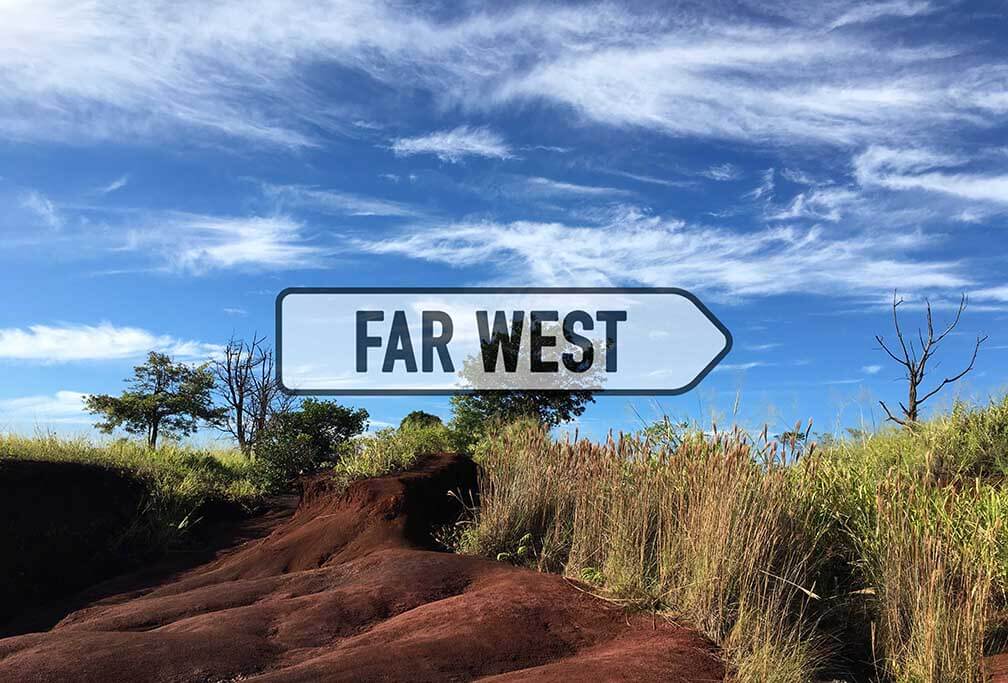Fall 2018 Essay Contest Winners
Many thanks to all who shared their work with us during our third annual essay contest, and to contest judge Jimin Han. Below her thoughts on the adjudication process, Jimin has shared further reflections on each winning essay. Click the title of the essay to read.
Jimin Han was born in Seoul, Korea and grew up in New York, Rhode Island, and Ohio. She attended Cornell University as an undergraduate and earned an MFA from Sarah Lawrence College. She teaches at The Writing Institute at Sarah Lawrence College and lives outside New York City with her husband and children.
Jimin writes, "I so enjoyed reading these essays, which collectively describe our relationships to courage and solitude, community, and resurrections of place and spirit. These essays filled me with hope for our future on a planet increasingly known to be in jeopardy. The winning essays bring us into difficult in-between spaces, powerfully rendered in detailed, dynamic prose. They ask the urgent questions of our time and provide surprising answers. In the end, the four placeholders seem to offer a way forward by expressing a new mindset."
Fall 2018 Contest Winners
first Place, "Island, Wilding" by Lucy Bryan
“Island, Wilding” is a lyrical and taut essay which takes us on a trip to Cumberland Island, home to the magnificent mansions of the Carnegies—monuments to the power of human innovation in industry and which now are in ruins—with roaming wild horses abandoned on the island by earlier English settlers, and citrus trees whose mysterious origin implies human influence. Devastated by recent hurricanes, Lucy Bryan asks: “Rising, warming seas are already lapping the edges of islands everywhere, which makes me wonder: How do I raise a child in this world, knowing such destruction will be his inheritance?” It’s the question of our time—and the author of this essay gracefully aligns profound questions like this one with “vacant carapaces of horseshoe crabs and patterns carved in the sand by the outbound tide” to show us that everything is tied together—the rhythm of change emphasizing that we’re all part of “wilderness" inherently, even as we continue to respond actively to preserving life on this planet and preventing our extinction. Small comfort maybe, but also a poignant reminder of what lasts.
Lucy Bryan is a writer, adventurer, teacher, and mother who splits her time between Virginia's Shenandoah Valley and Ohio's Appalachian Plateau. Her work has appeared in Earth Island Journal, The Other Journal, Quarterly West, and Nashville Review, among others. She is currently working on an essay collection that examines experiences of loss and discovery through the lens of place.
SECOND PLACE, "Wrong Turn Tourist Attraction" By Jill Cox-Cordova
Kentucky in the fall, photo by grace-and-peace / CC BY 2.0
In “Wrong Turn Tourist Attraction,” Jill Cox-Cordova gives us a moving piece about coming of age, and forming an identity as a writer while living in a remote and picturesque neighborhood at Mammoth Cave National Park in Kentucky. She arrives like a tourist—someone who can delight in the sudden “spotting two deer, which jumped high like Santa’s reindeer across the road,” to becoming a different citizen of the land, quietly reflecting on daily interaction: “Our dining room window allowed my mother and I to eat, talk about our day, and watch a family of four or five deer seemingly mimic our movements as they watched us, chewing succulent green grass or the leaves, twigs, or vines they found within it. Sometimes they looked at us, then each other, as if exchanging thoughts.” As Cox-Cordova transformed from an introvert into an extrovert, she shows us the deep impact that a relationship with our natural world can have on us.
Jill Cox-Cordova holds an MFA from Spalding University and a master’s degree in journalism from Northwestern University. Her publications include flash fiction, and articles for CNN.com and Essence. She currently teaches at a university in Georgia, and also serves on the board of the Atlanta Writers Club in the role of Volunteer Coordinator.
Third Place, "Exhale, Then Move" By Sally Bjork
“Exhale, Then Move” deftly delivers a visceral rollercoaster ride through a crevice deep below the surface of the earth. Sally Bjork warns us, “In a moment of panic… you’ll want to inhale. But, in a cave, the opposite is required,” and off she takes us into spaces that are too tight for human heads to be positioned in such a way that their eyes can see ahead when you’re crawling. Bjork succeeds in bringing us with her on an exhilarating and dangerous journey, giving us an appreciation of nature’s wonders and our ability to manage if we move steadily forward. I was reminded of our human reach for new experiences, and the lengths we sometimes go to experience spaces that seem to be inhospitable to us.
Sally Bjork is a photographer and writer living in Ann Arbor, Michigan. She highly recommends the Wild Cave Tour!
Honorable Mention, “Is It Enough?” By Deb liggett
For honorable mention, I have to applaud the quiet elegance of “Is It Enough?,” by former National Park Service ranger Deb Liggett. In clear, incisive prose Liggett shows us how actions, no matter how small, can nudge political policy to protect national parks. It inspires us all to think about how we can, even in asking a single question, have an enduring impact on the future of our planet.
Deb Liggett retired after 25 years with the National Park Service. She served at Great Sand Dunes, Grand Canyon, Big Bend, Dry Tortugas, Voyageurs, Everglades, Devils Tower, Katmai, and Lake Clark National Parks and Preserves. She is an essayist and poet now living in Tucson. She has previously published in Alaska Magazine, Catamaran Literary Reader, Pilgrimage and elsewhere. “Is It Enough?” is an essay from her forthcoming memoir. Parks & Points looks forward to sharing this essay with you later this spring.
Finalists
"There and Back, Again" by Devon Delfino
"To My Father, and The Dieties of Canyonlands" by Kevin Franciotti
“Swimming Laps in Alaska" by Didi Kader
“Heard on the Trail" by Ann Kempke
"Really, a Plastic Butter Knife?" by Maureen Rubin
"Finding My Way Back" by Tammy Stewart
"Life's a Beach and Then You Fly" by Nathaniel Wander
Banner photo by Alan Huett / CC 2.0



